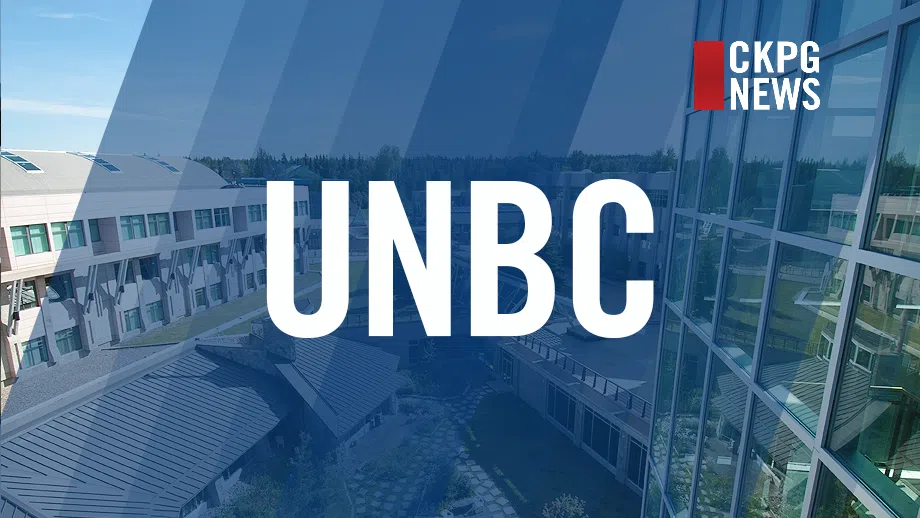
UNBC Among Four Schools To Collaborate On Social Infrastructure
PRINCE GEORGE – Today, UNBC is among four post-secondary institutions across the province that have partnered together to work on social infrastructure development. The collaboration will focus on green and sustainable campus and community building, Indigenous entrepreneurship and social finance, social procurement, along with library outreach and community scholar programs. Other post-secondaries include BCIT, Simon Fraser University (SFU) and Vancouver Island University (VIU).
“Collaboration is a core tenet of the post-secondary world. Having four leading institutions come together to drive social innovation not only sets an example for other types of institutions to emulate but positions the post-secondary sector as thought leaders and innovators,” said UNBC President Daniel Weeks. “Each institution will bring its unique knowledge and resources to the discussion and by working together, continue to bring the University mindset of problem-solving outside our walls and into the communities we are proud to serve.”
The four groups will be sharing best practices and policies to help encourage progress and figure out how to make further improvements. With doing that, they will then share the plan with other institutions in BC and across the country.
This project is supported by the McConnell Family Foundation, allowing the institutions to make a sustainable impact in their communities.
